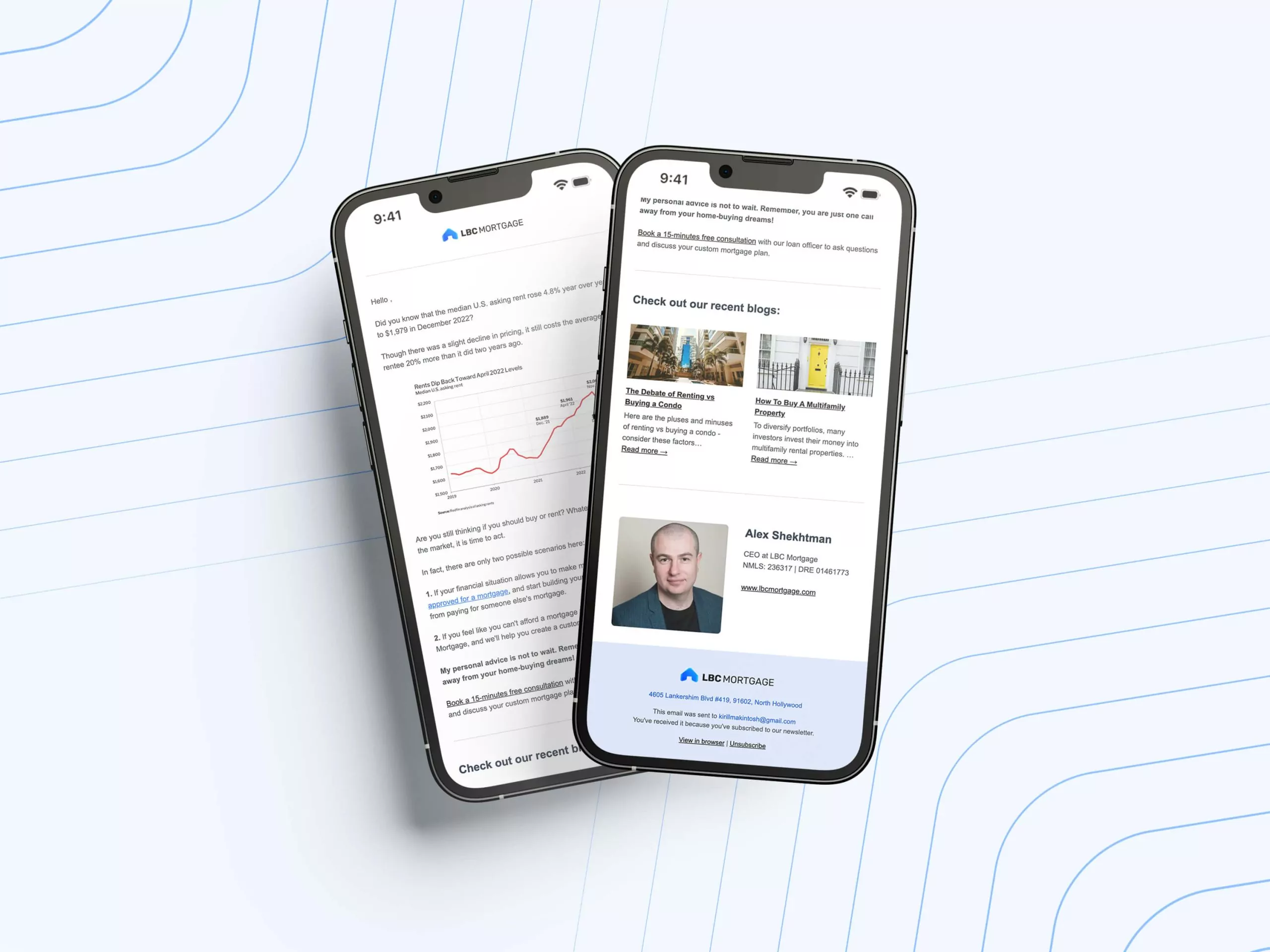With recent changes to homeownership deals, purchasing a new home has been made more accessible than ever. The New York Times’s report on mortgages notes that there are loans for first-time Black and Latino buyers without any down payments, minimum credit scores, or closing costs in an attempt to boost homeownership rates amongst minority communities. Although these programs significantly reduce the financial criteria, it’s still crucial that everyone still prepares their finances to ensure they’re able to pay off what’s due.
Depending on what bank you’re availing of your home loan, you may need to consider the down payment, mortgage payments (including interest, taxes, and insurance), overall housing costs, and other upfront fees. In this article, we’ll provide some tips on how you can prepare your finances before getting a home loan:
Cutting out unnecessary spending
While using coupons and money-tracking apps can help you save money, being able to cut out extra spending completely can be the best way to maximize savings. It’s important to stay aware of where your money goes, so you don’t spend more than you need to. For example, if you’re rarely using a movie streaming service, it would be better to cancel the subscription. If you’re having trouble setting aside money, our post “How Much Do You Need to Buy a House and How to Save Up for It” notes that many banks now have automatic deposits available, so you can have a percentage of your income deposited in your savings account before you’re tempted to spend it. Your built-up savings can come in handy in paying upfront costs that come with a home loan.
Investing wisely
If you’re planning to buy a home, you should spend time growing your wealth so that you don’t have to drain your savings. Cryptocurrency and stock tips from Maryville University advise investors to diversify their portfolios with various types of assets, as they each have their strengths and weaknesses. Stocks, for instance, are a go-to investment for wealth building because they provide stability. On the other hand, cryptocurrency balances that out with higher risks — which can yield higher rewards. It’s essential to first assess your risk tolerance before putting your money into investments, especially cryptocurrency, as their values may be volatile and put you at risk of losing a lot of money. Make sure to only invest what you are willing to lose and ensure you do proper research on investments to optimize gains that can help pay for your house loan.
Maintaining an emergency fund
Many people are just an accident bill away from debt. A report on emergency expenses by CNBC found that 56% of Americans are unable to cover an unexpected $1,000 bill with savings. To cover these sudden expenses, they would have to take out a personal loan from a bank, charge their credit card, or borrow cash from friends and family. Rather than getting caught off guard by these costs, it helps to build an emergency fund that is roughly three to six months’ worth of living expenses. If you plan to invest in a house loan soon, it’s important to also factor in any mortgage and association dues alongside other needs. This way, in the event of any unforeseen circumstances, your emergency fund can cover your monthly expenses without additional burdens.
Once you’ve prepared your finances and are ready to get a house loan, it’s essential that you do ample research to find the best house loans for you.
Here at LBC Mortgage, we allow down payments for as low as 3.5% through our FHA loans, and even no down payments at all through VA and USDA loans.
Depending on your loan, you may also need to factor in mortgage insurance as part of your costs. If you want to be sure about how much you specifically need, you can consult with your mortgage loan officer for more details.
Conclusion
Through proper money management, you can set your finances on the right track. By cutting down on unnecessary expenses, building an emergency fund, and doing due diligence in investing and loan research, you won’t have to worry about heavy loan bills as you work towards creating a home for yourself.
Written by Alicia Sebastian (a contributing author)
